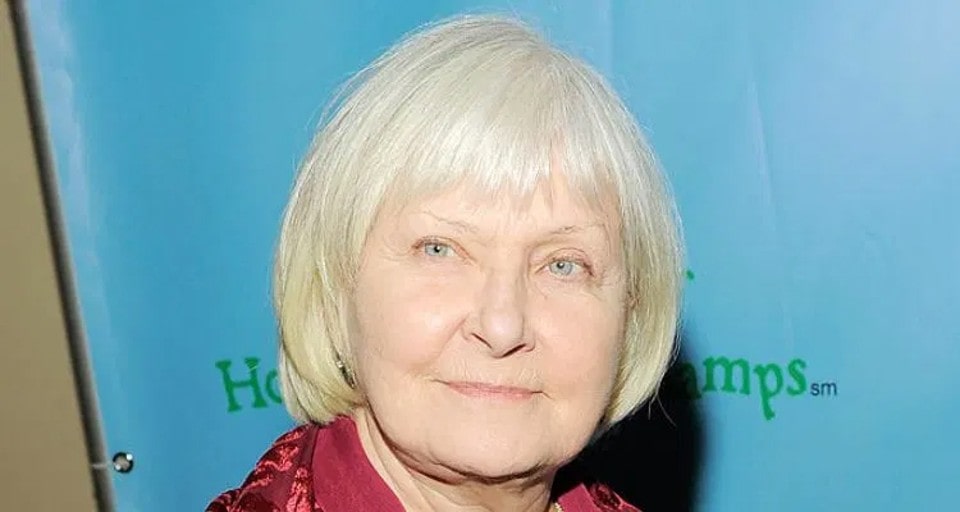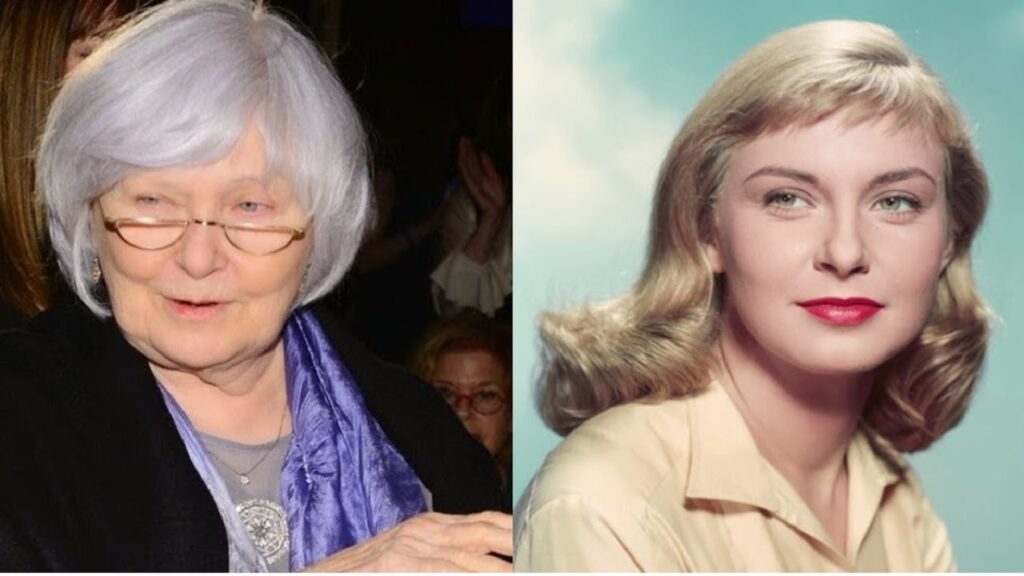Hollywood legend Joanne Woodward is best known for her roles in films like Count Three and The Faces of Eve. However, according to rumors, the celebrity was given two grave diagnoses “only days” apart.
Joanne Woodward, 92, wed Paul Newman, a fellow actor, in 1958. But on September 26, 2008, she tragically lost her husband to cancer. The Hollywood star was also dealing with her own health issues while her spouse battled cancer.
Sadly, according to USA Today, Joanne received her Alzheimer’s disease diagnosis in 2007, just a few days before her husband received his terminal cancer diagnosis.
She was last identified as being a resident of Connecticut with her family.

The actress was also mentioned as suffering from Alzheimer’s in a February 2022 story produced for Closer Magazine.
“Today, Joanne, 91, who has Alzheimer’s disease, still resides in the Westport house where Paul died in 2008 at the age of 83,” Closer said.
However, Woodward’s family has not spoken to the public about her health, and she has not been pictured since 2013.
What are Alzheimer’s disease’s initial symptoms?
According to the NHS, Alzheimer’s disease symptoms develop gradually over a number of years.
“Sometimes these symptoms are confused with other ailments and may first be put down to old age,” the health service stated.
Each person’s sickness progresses at a different rate, and occasionally other disorders might accentuate symptoms.

The following are some of the early signs of Alzheimer’s disease:
forgetting recent interactions or occasions.
losing things.
losing track of place and thing names.
unable to come up with the correct phrase.
asking the same questions repeatedly
a lack of judgment or difficulty making decisions.
being more cautious and less willing to attempt new things.
There may also be some mood swings, such as heightened agitation or worry, or spells of bewilderment.
Memory issues will get more severe as Alzheimer’s illness progresses.
According to the NHS, a person with the illness may fail to recognize their relatives and friends and may find it increasingly difficult to remember the names of people they know.
People may get more and more disoriented or confused as the disease worsens. People frequently begin to lose their way or forget the time or date.
Along with delusions or paranoia, other behaviors like obsession, repetition, or impulsivity might also appear.
Some people can have trouble falling asleep, while others might start having speech or language issues.
According to the NHS, it’s a good idea to visit a GP if you’re concerned about your memory or believe you may have dementia.
“Encourage them to schedule an appointment if you’re concerned about their memory issues, and even offer to go with them.
Memory issues can also be brought on by depression, stress, medications, or other health issues in addition to dementia.




